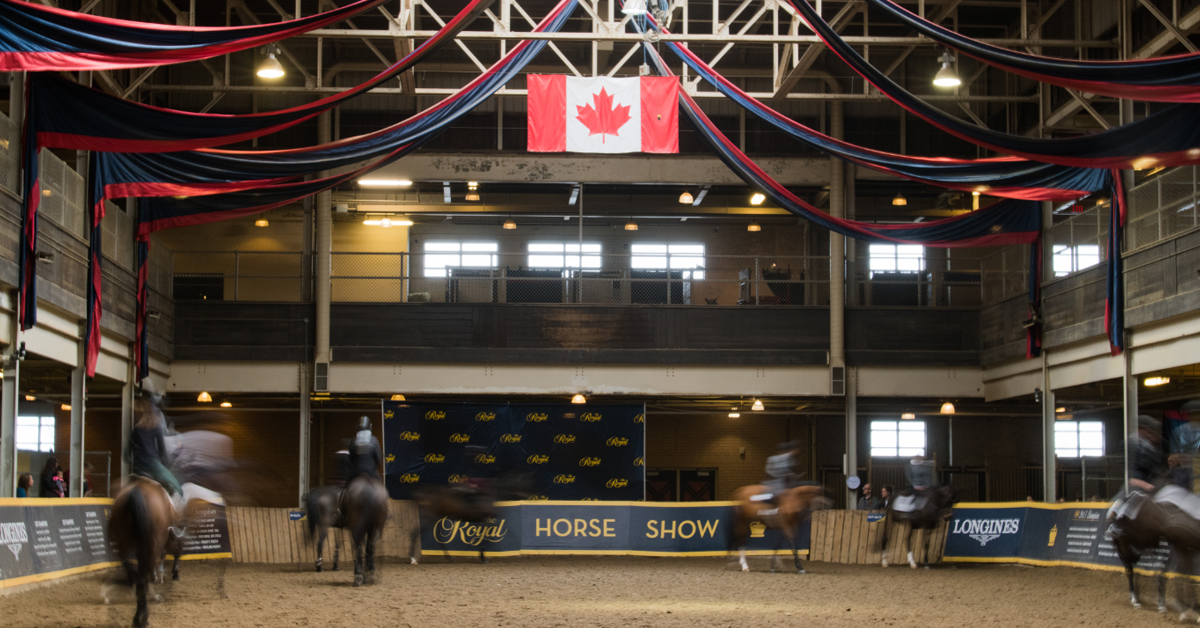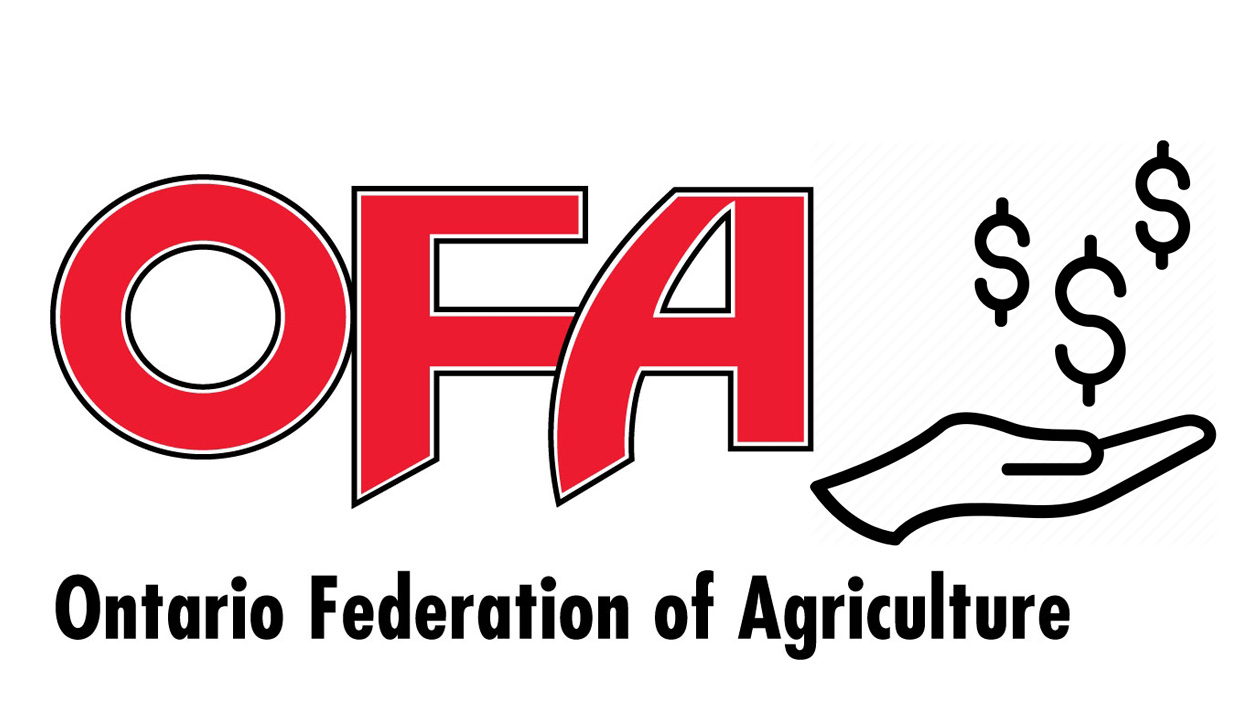The FEI has announced the final decisions in three anti-doping cases:
Al Thani Receives 27-Month Suspension
The FEI Tribunal has issued its Final Decision in the case involving Nasser Khalifa N.J Al Thani (QAT) and the horse Brookleigh Caspar (FEI ID AUS40748) at the 120km one-star Endurance competition at Mesaieed in Doha (QAT) on April 11, 2014, following a positive finding for Prohibited Substances.
Samples taken from the horse on April 11, 2014 returned positive for the Banned Substance Heptaminol and Controlled Medications Phenylbutazone, Meloxicam and Dexamethasone. Heptaminol is a stimulant that dilates blood vessels. Phenylbutazone and Meloxicam are non-steroidal anti-inflammatory drugs (NSAIDs) used for pain relief, and Dexamethasone is a corticosteroid with anti-inflammatory effect.
Controlled Medications are substances that are regularly used to treat horses, but which are not allowed in competition in order to maintain a level playing field. Banned Substances should never be found in the horse.
The FEI Tribunal has imposed a 27-month suspension on Al Thani, effective immediately from June 18, 2015, in accordance with Article 169 of the FEI’s General Regulations and Article 10 of the FEI Equine Anti-Doping and Controlled Medication Regulations (EADCMRs).
Al Thani has been fined CHF 5,000 and will contribute CHF 2,000 towards the costs of the judicial procedure. He has 30 days from the date of notification to appeal this decision to the Court of Arbitration for Sport (CAS).
The FEI Tribunal’s Final Decision on this case can be viewed here.
De Villiers Suspended for Six Months
The FEI Tribunal has issued its Final Decision in the case involving Gillese De Villiers (RSA) and the horse Tra Flama at the Endurance competition of the FEI World Equestrian Games™ 2014, following a positive finding for a Controlled Medication Substance.
Samples taken on August 18, 2014 from the horse returned positive for the Controlled Medication substance Phenylbutazone and its metabolite Oxyphenbutazone. Phenylbutazone is a non-steroidal anti-inflammatory used for the treatment of pain. Tra Flama was vetted out at the second Vet Gate on the Endurance course.
The FEI Tribunal has imposed a six-month suspension on De Villiers, effective immediately from June 21, 2015, in accordance with Article 169 of the FEI’s General Regulations and Article 10 of the FEI Equine Anti-Doping and Controlled Medication Regulations.
De Villiers has also been fined CHF 500, will cover the B Sample analysis costs and contribute towards the costs of the judicial procedure. She has 30 days from the date of notification to appeal this decision to the Court of Arbitration for Sport (CAS).
The FEI Tribunal’s Final Decision on this case can be viewed here.
CAS Reduces HH Sheikh Hazza’s Suspension
The Court of Arbitration for Sport has upheld the FEI’s principle of strict liability in the application of the FEI Equine Anti-Doping and Controlled Medication Regulations in an appeal lodged by HH Sheikh Hazza Bin Sultan Bin Zayed Al Nahyan (UAE) against the FEI Tribunal ruling of April 7, 2014, but has reduced the period of suspension for the athlete from 27 to 18 months.
The horse Glenmorgan, which HH Sheikh Hazza rode to win the CEI3* in Al Wathba (UAE) on February 11, 2012, tested positive for Propoxyphene and its metabolite Norpropoxyphene. Propoxyphene, which is an opiate analgesic, is classified as a Banned Substance under the FEI’s EADCMRs. As the rider and therefore the Person Responsible, HH Sheikh Hazza was immediately suspended from March 12, 2012, the date on which he was notified by the FEI of the positive case. A two-month provisional suspension was imposed on the horse from the same date.
HH Sheikh Hazza conducted extensive investigations to establish the source of the Propoxyphene between mid June 2012 and late February 2014. In its Final Decision, the FEI Tribunal imposed a 27-month suspension, taking into account a previous rule violation by Sheikh Hazza in early 2005. Sheikh Hazza lodged an appeal with the CAS against the findings on May 6, 2014.
The CAS rejected the athlete’s argument that making the rider the Person Responsible (PR) for the horse is an unnecessary and/or disproportionate interference with fundamental rights, and so unlawful and therefore outside the powers of the FEI. The CAS accepted the FEI’s argument that the PR and strict liability provisions simply mean that if the horse has a prohibited substance in its system, the athlete’s results with the horse are automatically disqualified and the athlete will be banned unless he/she can show that the substance got into the horse’s system through No Fault or Negligence of the athlete.
The CAS took into account that systems had been set up by Sheikh Hazza to avoid inadvertent doping, and therefore decided that the athlete’s fault was “not significant”. As a result, the appeal was partially upheld, with a partial amendment to the FEI Tribunal’s Final Decision. Sheikh Hazza remains disqualified from the event, but his suspension was reduced.
The full text of the CAS decision is available here.
More from Horse Sport:




